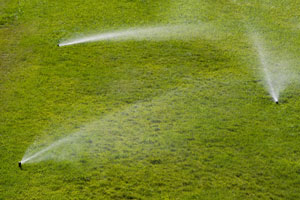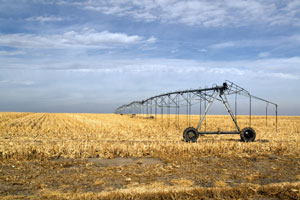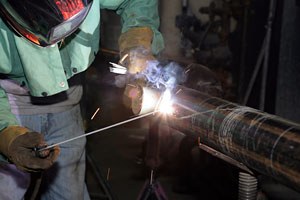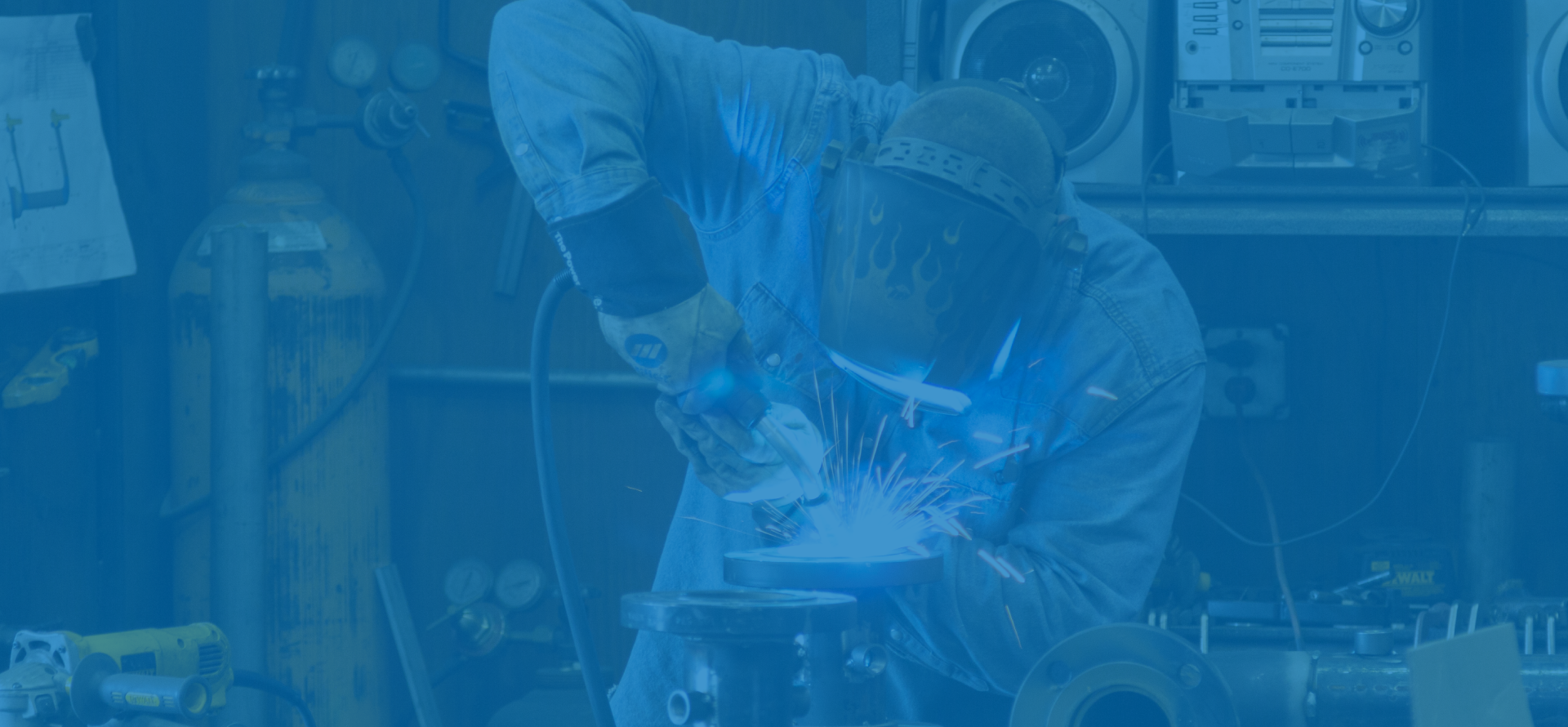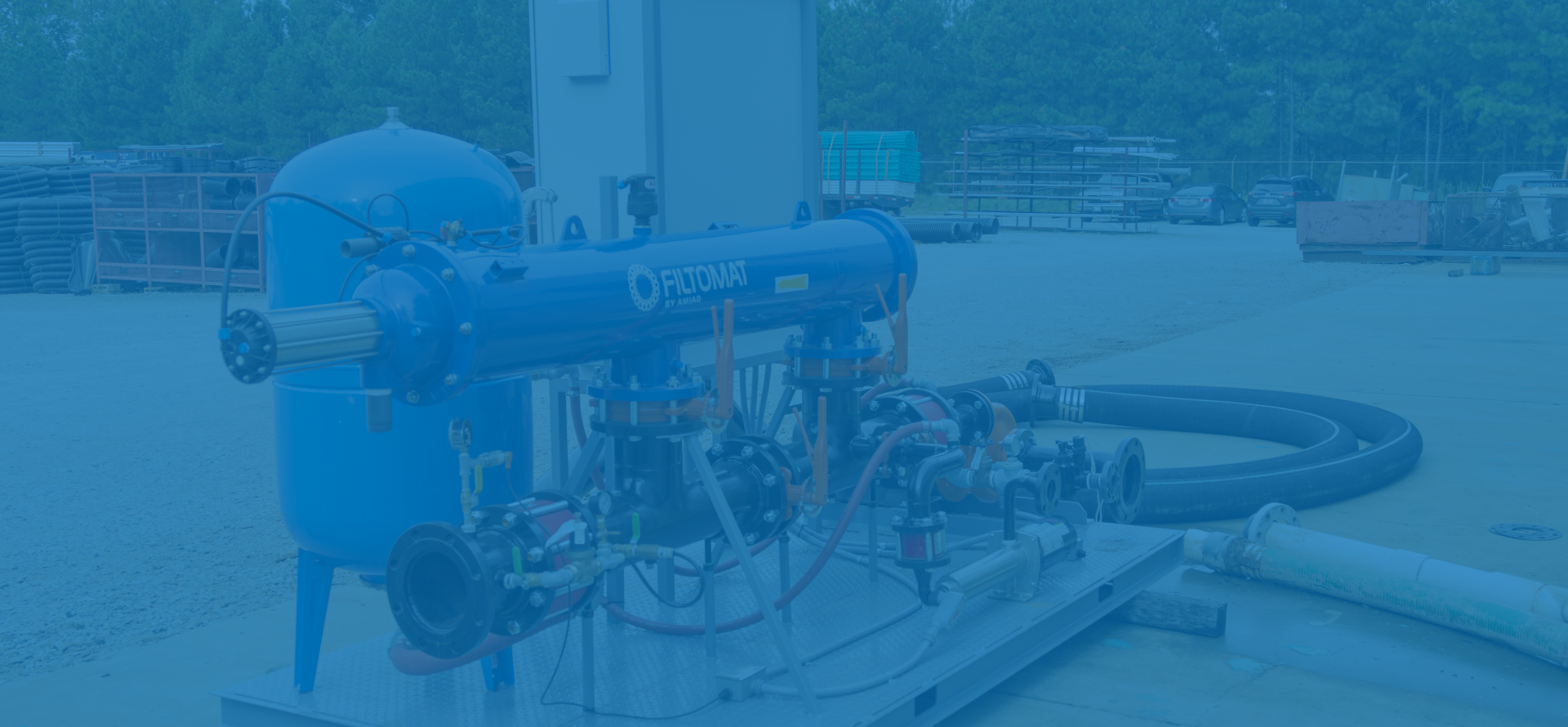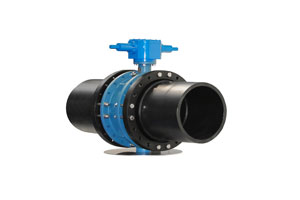
With the proper prevention and maintenance techniques, irrigation valves are highly reliable and can last for years. With this in mind, valves can become difficult to troubleshoot, due to the numerous amount of parts that might be causing the problem or malfunction. By learning how the irrigation valve works, you can be better prepared to troubleshoot almost any problem.
Understanding The Importance Of An Actuator Valve
An actuator valve is often powered by a motor. The motor is used to convert electrical energy into a mechanical torque. Once the desired level of torque is acquired, the valve is then opened or closed. When used within an irrigation system, the actuator valve is often one of the highest operating valves. With this structure in mind, troubleshooting an actuator valve malfunction often starts with one of the following symptoms.
- Water is not running from one end of the irrigation system to the other.
- Flooding is occurring due to built-up pressure.
- Water pressure is not at the correct levels.
- Debris or other contaminants are showing-up in the water.
- Loud noises, such as hissing or clanking sounds, are being emitted from the valve.
- The actuator valve is not opening or closing completely.
If you have noticed any of the above symptoms, then your actuator valve might not be functioning properly. To help you further troubleshoot the malfunction, we have gathered together a few potential causes and solutions.
- Check the electrical signal to the valve. — If the electrical signal (voltage) is too low, then the actuator valve will have difficulty opening and closing. A volt-ohm meter can be used to check the voltage between the irrigation controller station terminal and the ground. Review your manual to determine what the appropriate voltage reading; and carefully make adjustments as needed.
- Check for valve contamination. — A valve’s direct connection to the main water line can make it more susceptible to contamination from debris, dirt, or contents within non-potable water. To help reduce the risks of contamination, install a filter to keep contaminants away from the valve.
- Clean the screen or filter. — If you have installed a filter to protect your valve from contaminants, then you need to clean it on a regular basis. Failing to clean the protective filter or screen can result in a malfunctioning valve.
- Thoroughly inspect the valve for damage. — Check for loose parts, dents in the valve, and other signs of wear-and-tear. If your valve is damaged, then it won’t be able to properly function. Carefully replace all damaged parts or the entire valve to resolve the issue.
With these helpful tips in mind, you will be able to properly troubleshoot your actuator valve malfunction. For further help, contact a member of W.P. Law. The entire team is dedicated to providing valuable insights and products to help companies achieve their irrigation goals.


